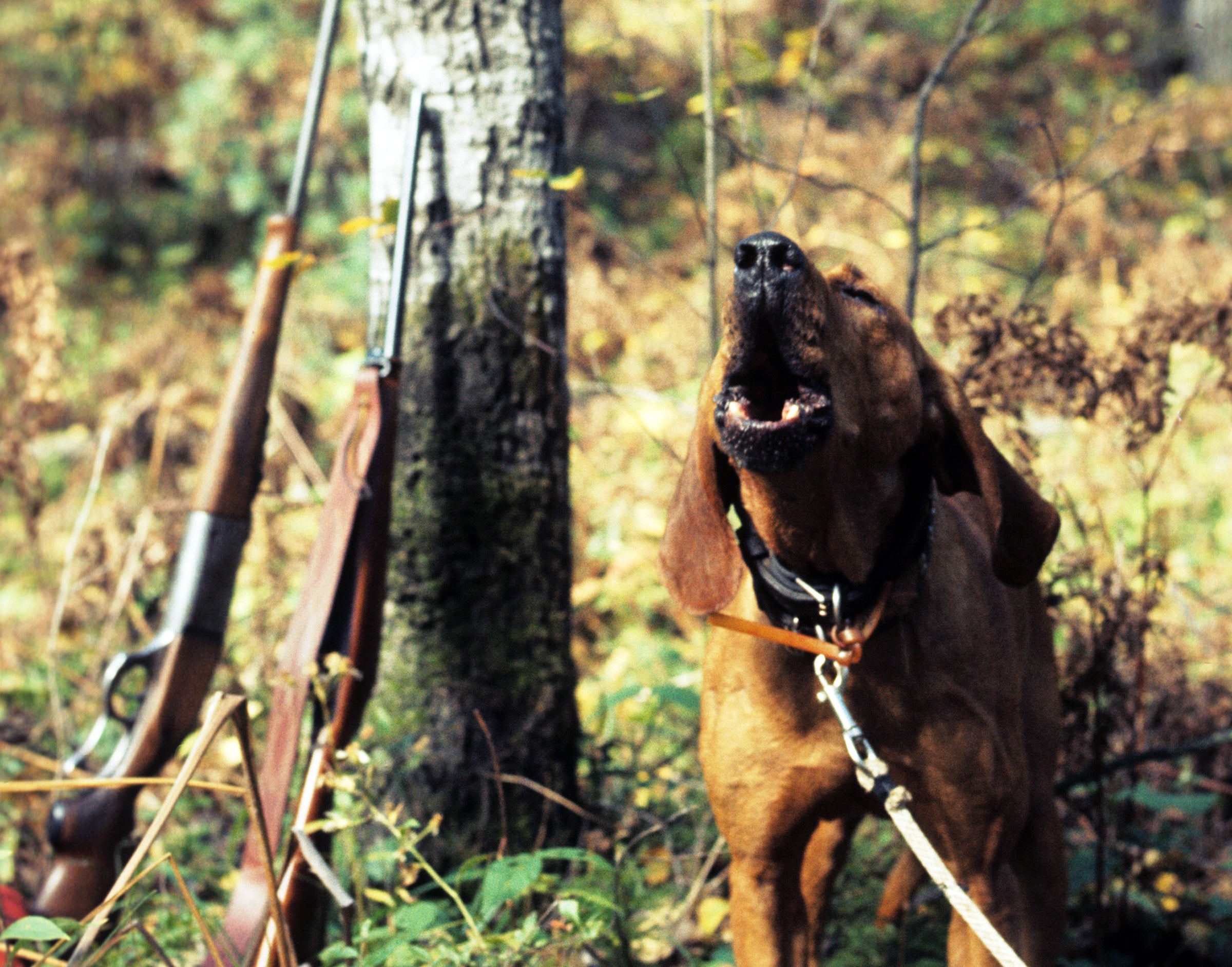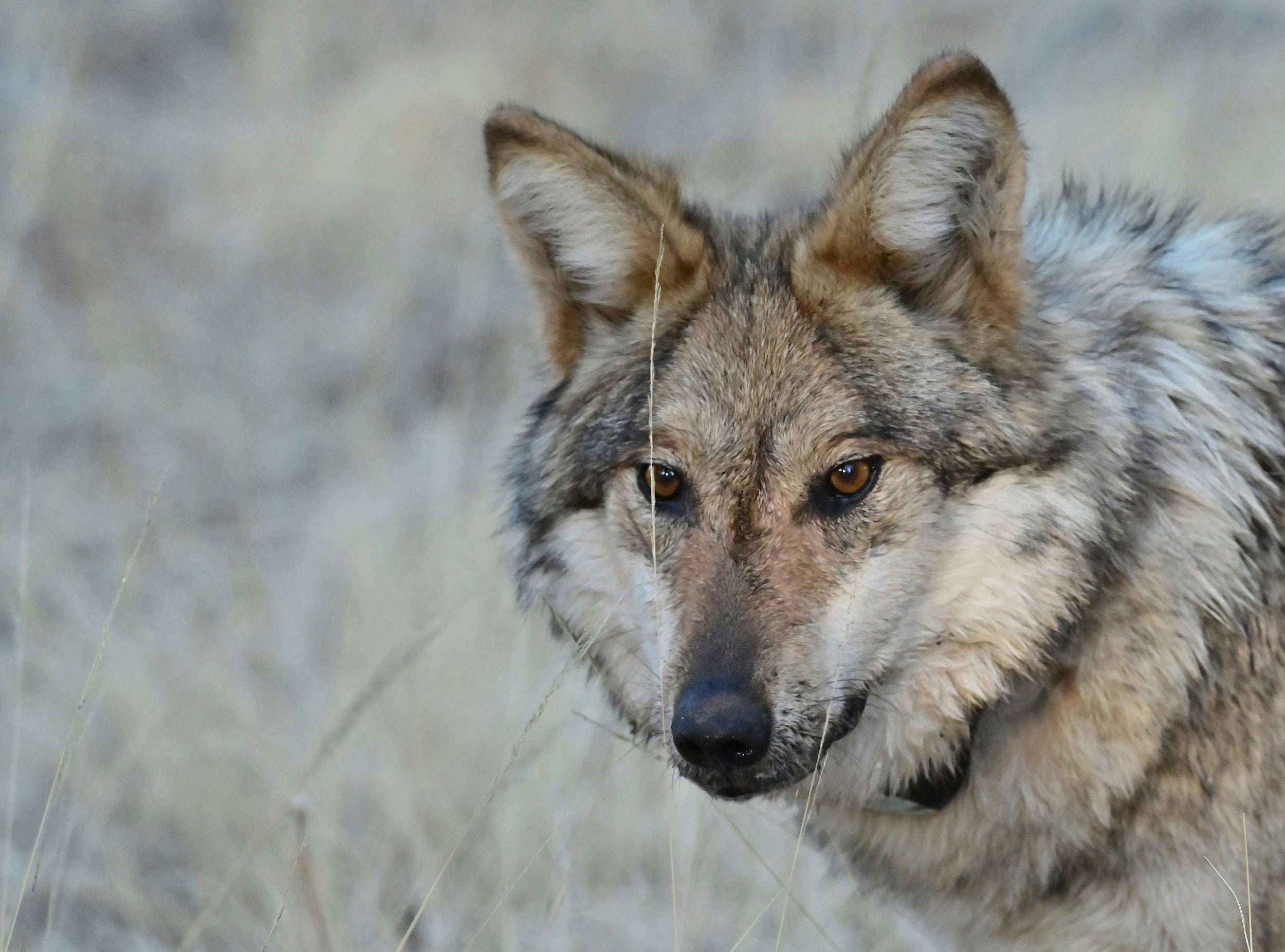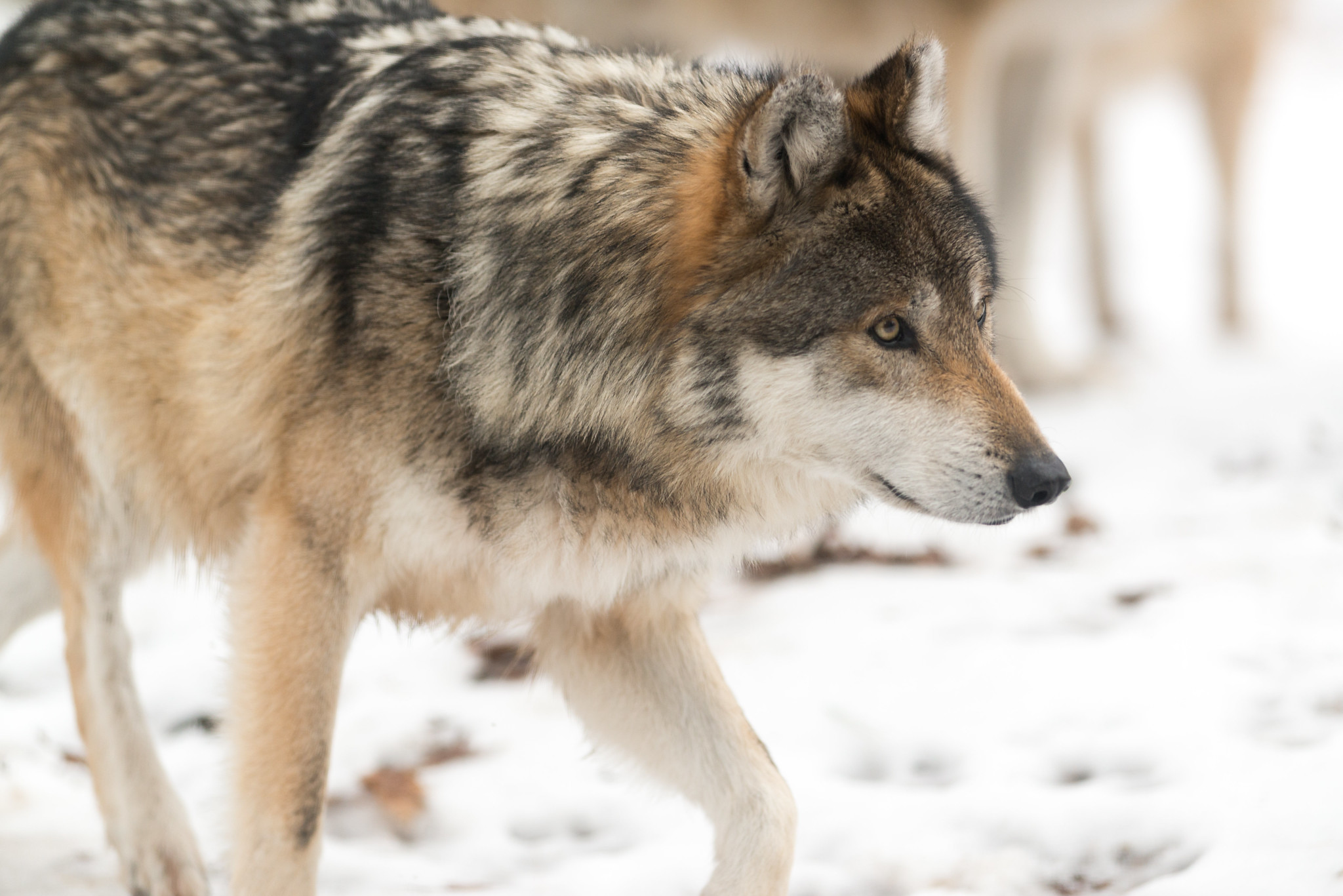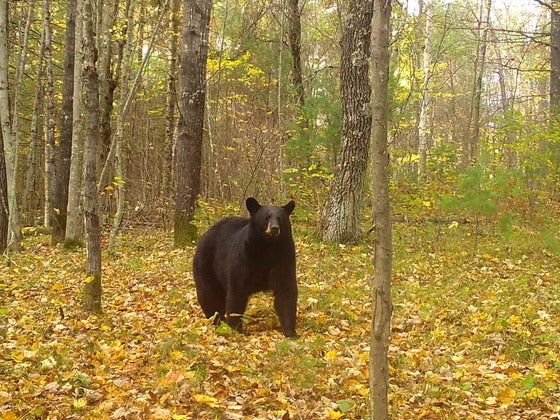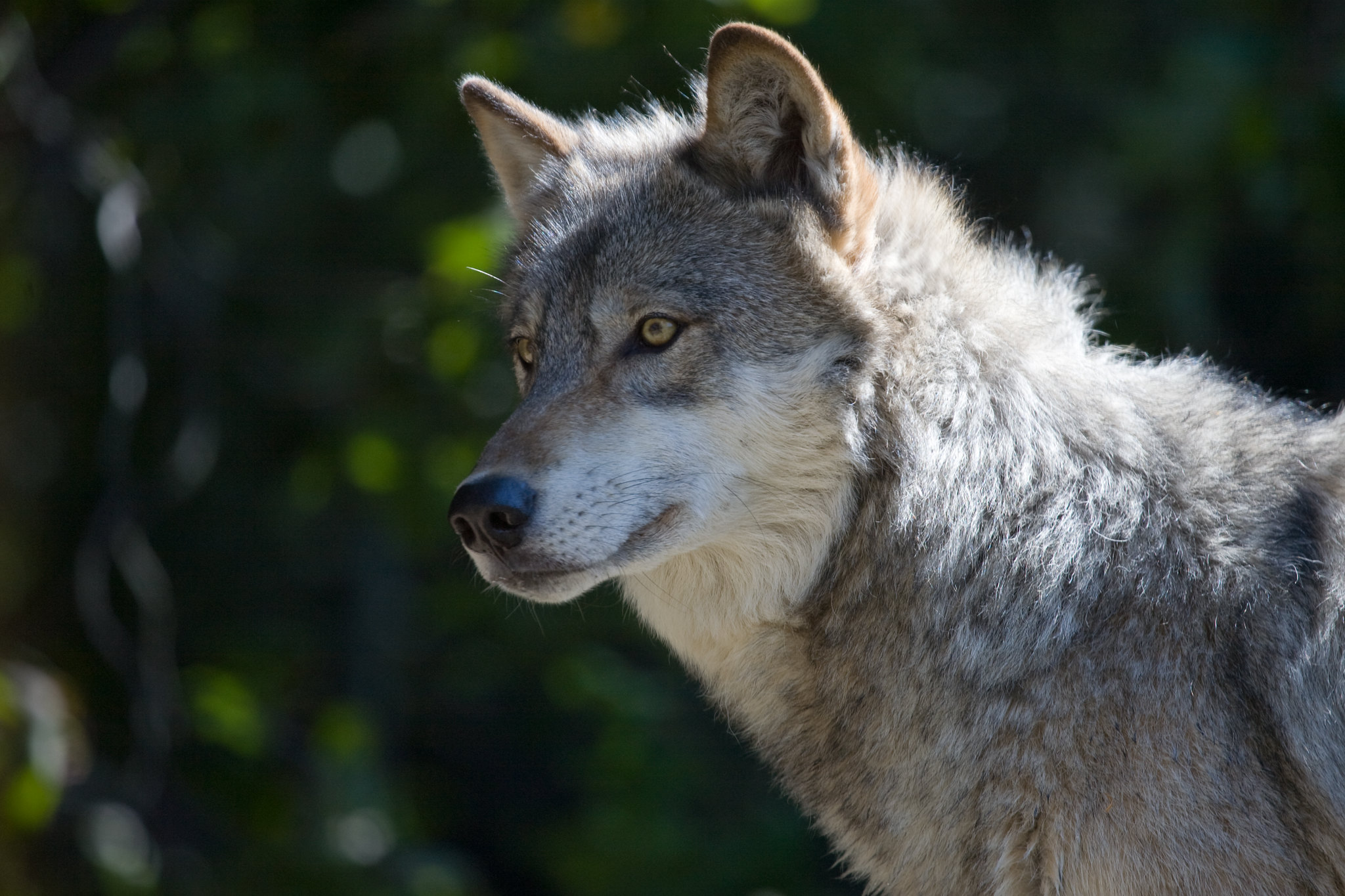Wildlife officials say a record number of bear hounds have been killed by wolves in Wisconsin this year and they’re urging hunters to be on the lookout this bear season.
Officials have confirmed 29 hunting dogs have been killed by wolves so far this year. David Ruid, wildlife biologist with U.S. Department of Agriculture Wildlife Services, said bear hunters should take steps to protect their hounds.
“It’s important that hunters subscribe to that wolf depredation alert system so they can be notified where and when these incidents occur,” Ruid said. “And be vigilant and be aware if wolves are in the area that they’re hunting or if wolves have recently used one of their baits that they have out for bear.”
News with a little more humanity
WPR’s “Wisconsin Today” newsletter keeps you connected to the state you love without feeling overwhelmed. No paywall. No agenda. No corporate filter.
Ruid said the majority of conflicts are occurring on large blocks of public forest lands in northern Wisconsin. Eleven of the 29 killed hunting dogs were taken in Bayfield County.
“There’s definitely a cluster of activity in Bayfield County in both northern and southern reaches of Bayfield County,” Ruid said, noting a number of dogs had been killed in the Bayfield Peninsula and near the town of Barnes.
Wisconsin Department of Natural Resources large carnivore specialist Dave MacFarland said the number of dogs killed represents a slight increase from recent years. He said hunters can sign up for alerts through the agency’s website to pinpoint areas where attacks have occurred.
“That said, there are new areas where these conflicts can occur,” MacFarland said. “So even with the information that we provide, individuals can experience conflicts in places where they haven’t occurred before.”
MacFarland said it’s too early to tell what’s driving the attacks, adding favorable weather or increased training may be playing a role.
“A certain amount of it is circumstantial,” Ruid agreed. “But, generally speaking, it’s typically larger packs that have reproduced that are protecting pups.”
Hunters can receive up to $2,500 from the state for dogs killed. MacFarland said the cost to the state won’t be known until all the claims have been filed. The state issued 11,520 permits for this year’s bear hunt.
Wisconsin is seeing its highest wolf population in recent history with close to 900 wolves in the state. Wisconsin instituted a wolf hunt to control their numbers in 2012, but a federal judge ruled in 2014 that the gray wolf should be placed back on the endangered species list in the Western Great Lakes region.
The wolf has been relisted and delisted several times. Wildlife managers argue the species has recovered while environmentalists contend that the wolf has not recovered to its historic range. Tribal groups also oppose hunting the wolf because of its cultural significance.
Wisconsin Public Radio, © Copyright 2025, Board of Regents of the University of Wisconsin System and Wisconsin Educational Communications Board.

